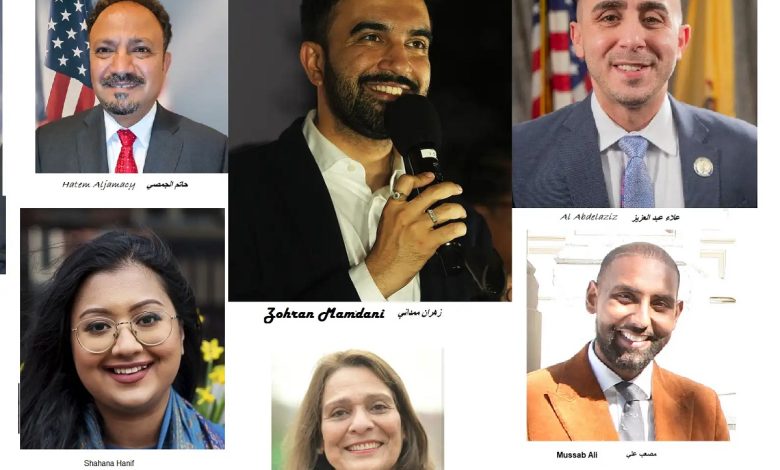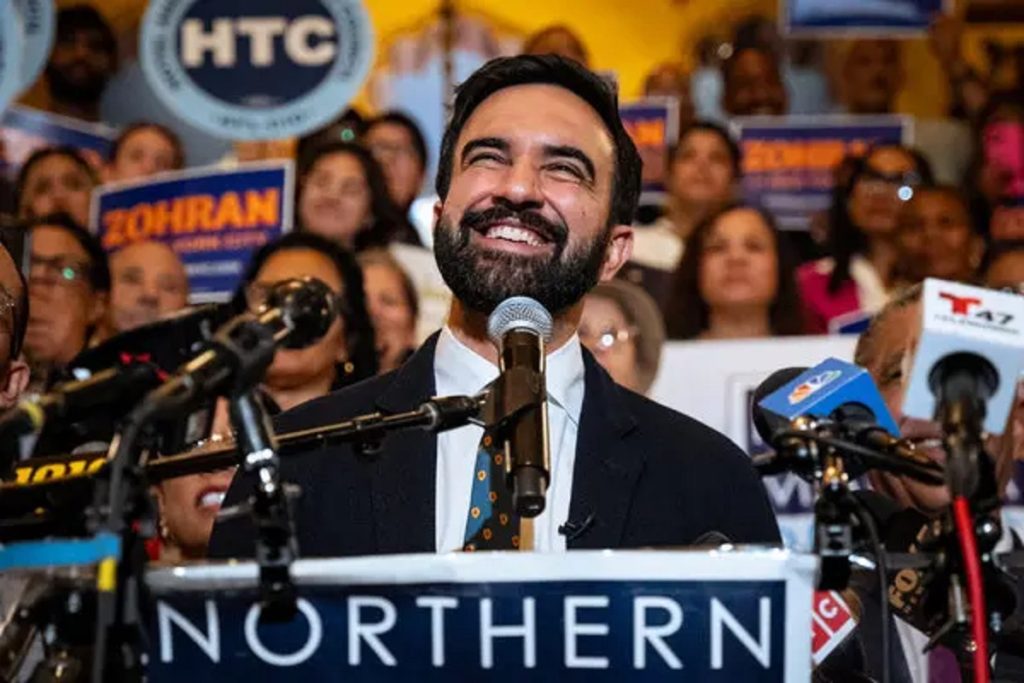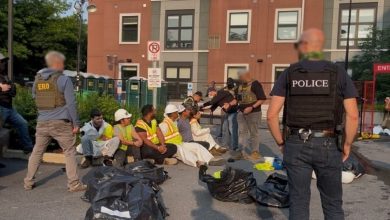Arab and Muslim Candidates Shape 2025 Elections in New York and New Jersey
From mayoral races to legislative seats, Arab and Muslim candidates are stepping into the political spotlight, reflecting demographic growth and rising demands for representation.

As the 2025 election cycle approaches in New York and New Jersey, a growing number of Arab and Muslim candidates are entering the political arena. Their campaigns reflect demographic growth and a rising demand for equal representation.
From high-profile mayoral races to state legislative seats, these candidates bring diverse backgrounds, platforms, and levels of community support. Their chances of success vary based on name recognition, campaign funding, grassroots organization, and the political climate of their districts.
New York: Shifting Dynamics in a Diverse State
Zohran Mamdani (Candidate for Mayor of New York City)
Mamdani, currently serving in the New York State Assembly, is an American of Indian and Ugandan descent. Known as a progressive voice, he advocates strongly for housing, public transportation, and social justice. He has a solid support base in Astoria, Queens.
-
Chances of victory: As a progressive in a strongly Democratic city, Mamdani has a real shot. His platform resonates widely, and his legislative experience gives him credibility. Still, New York City’s mayoral race is highly competitive, requiring broad appeal and substantial funding beyond his core base.

Hatem El-Gamasy (Independent Candidate for New York City Council, District 45)
El-Gamasy, an Egyptian American, is running as an independent for a City Council seat. His campaign emphasizes supporting small businesses, immigrant issues, and community needs, leveraging his roots and connections within his diverse district.
-
Chances of victory: Success in council races often comes down to grassroots organization. El-Gamasy’s chances hinge on mobilizing his community and effectively communicating his vision to a wider voter base in District 45.
Shahana Hanif (Incumbent, New York City Council, District 39)
Hanif, a Bangladeshi American Muslim, already made history as the first Muslim woman elected to the City Council. Known for her progressive stances and dedication to immigrant, women’s, and working-family issues, she enjoys strong community ties.
-
Chances of victory: As the incumbent, Hanif holds a clear advantage. Her proven track record, visibility, and progressive platform align well with the political leanings of her Brooklyn district, making her re-election prospects very strong.
New Jersey: Growing Political Strength
Alaa “Al” Abdelaziz (Incumbent, New Jersey State Assembly, District 35)
Abdelaziz, a Palestinian American, currently represents District 35. He has built a reputation as a consistent advocate for community development and local concerns.
-
Chances of victory: His incumbency, legislative experience, and electoral track record position him well for re-election.
Muzzammil “Muzz” Ali (Candidate for Mayor of Jersey City)
Ali is a rising star in Jersey City politics. He made history as the youngest person and first Muslim elected to the city’s Board of Education, later serving as its president. Known for his focus on education, fiscal responsibility, and community empowerment, he brings both experience and fresh ideas.
-
Chances of victory: The mayoral race will be competitive, with several strong contenders. Ali’s youth, vision for change, and ability to mobilize Arab and Muslim communities could work in his favor, but success will depend on broad coalition-building and fundraising capacity.
Shama Haider (Incumbent, New Jersey State Assembly, District 37)
Haider, a Pakistani American Muslim, represents District 37 and has earned respect for her work addressing the needs of her diverse Bergen County constituency.
-
Chances of victory: With incumbency and strong community ties, Haider’s prospects for re-election are high unless she faces an unusually strong challenger.
A Defining Moment for Arab and Muslim Communities
These candidates represent a milestone for Arab and Muslim political participation in New York and New Jersey. Their campaigns highlight both growing political maturity and determination to shape the future of their states. Despite challenges, their presence on the ballot signals an emerging and influential force in regional politics—one that is steadily gaining recognition and impact.



